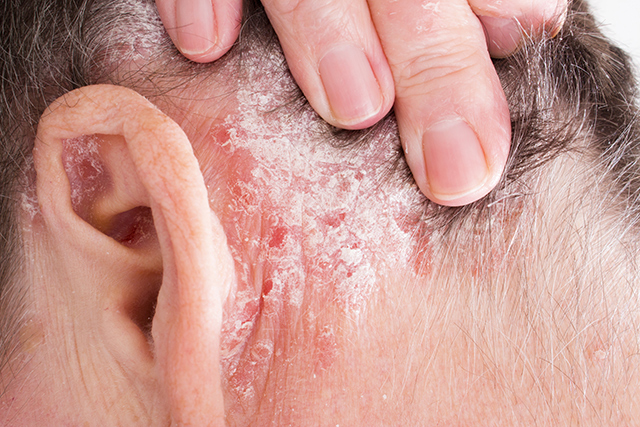Breath-focused practices help alleviate symptoms of ADHD and cognitive decline
08/21/2018 / By RJ Jhonson

Breathing does more than sustain life. When practiced with meditation, it can benefit the body and, according to Irish researchers, help with ADHD and cognitive decline.
Attention deficit hyperactivity disorder (ADHD) is a neurodevelopmental disorder that affects children and teenagers. As its name suggests, it is characterized by the inability to focus and pay attention, hyperactivity and restlessness, and impulsive behavior. ADHD has been misdiagnosed for years as a mental condition. Because of this, it is often treated using toxic chemical medications, primarily amphetamine salts marketed as Adderall and other brand names. If that sounds familiar, it’s because amphetamine is often abused as a recreational drug – although weaker, it is similar in structure to meth after all. Even when used legitimately, amphetamine salts can cause a plethora of side effects, including headaches, tremors, insomnia, hair loss, vomiting, and high blood pressure, among many others.
Breathing exercises as a treatment for ADHD
Neuroscientists from Trinity College Dublin affirmed that breathing exercises are a much safer alternative for the treatment of ADHD’s symptoms. Having been used by yogis and Buddhists in South Asia to calm and clear the mind since ancient times, the practices have yet to manifest any adverse side effect.
The researchers reported that exercises have a direct effect on the levels of noradrenaline, also known as norepinephrine, in the brain. This chemical is an important neurotransmitter which, according to a statement from the researchers, “is released when we are challenged, curious, exercised, focused or emotionally aroused, and, if produced at the right levels, helps the brain grow new connections, like a brain fertiliser.”
Michael Melnychuk, a doctoral candidate at the Trinity College Institute of Neuroscience and one of the authors of the study, explained how breathing affects the locus coeruleus, the area of the brain that synthesizes noradrenaline.
“This study has shown that as you breathe in locus coeruleus activity is increasing slightly, and as you breathe out it decreases. Put simply this means that our attention is influenced by our breath and that it rises and falls with the cycle of respiration. It is possible that by focusing on and regulating your breathing you can optimise your attention level and likewise, by focusing on your attention level, your breathing becomes more synchronised.”
Melnychuk noted that too much or too little noradrenaline impairs concentration and that to improve focus, one has to has to stay within the ideal level of the neurotransmitter. Breathing exercises help the body remain within this sweet spot.
The researchers’ findings suggest that breathing exercises can help with conditions, such as ADHD and cognitive decline, that compromise the sufferers’ ability to pay attention. With further research, this approach could lead to the development of long-term strategies to address ADHD without having to depend on toxic and dodgy chemical treatments.
Ameliorating cognitive decline with breathing exercises
Several studies over the years have looked into the ability of meditation and breathing exercises to prevent cognitive decline, characterized by conditions such as dementia. One such study compared the effects of respiratory exercises and walking on cognitive function among the elderly. The writers found that while walking stabilized cognitive function, breathing exercises actually caused improvements in the areas tested, particularly, abstraction, mental flexibility.
Here are the other positive effects of breathing exercises:
- Relaxation – Breathing properly relieves physical tension and eases pressure on the muscles.
- Enhanced oxygen delivery – Relaxing and breathing deeply allows for more oxygen to enter the body, which improves the health and functionality of organs
- Detoxification – When one breathes properly, the lymphatic system functions better. This means that the body is better able to rid itself of toxins that lead to various health conditions.
- Better mood – Proper breathing allows for the release of endorphins, also called the happy hormone. This uplifts one’s mood and provides relief from pain.
- Lower blood pressure – As one’s body relaxes and tension leaves the muscles, the blood vessels dilate, allowing blood to flow normally.
Learn about ADHD and cognitive decline at Brain.news.
Sources include:
Tagged Under: Adderall, adderall side effects, ADHD medication, alternative treatment, amphetamine, amphetamine salts, Attention deficit hyperactivity disorder, brain health, breathing exercises, cognitive decline, concentration, focus, mind-body medicine, noradrenaline, norepinephrine



















